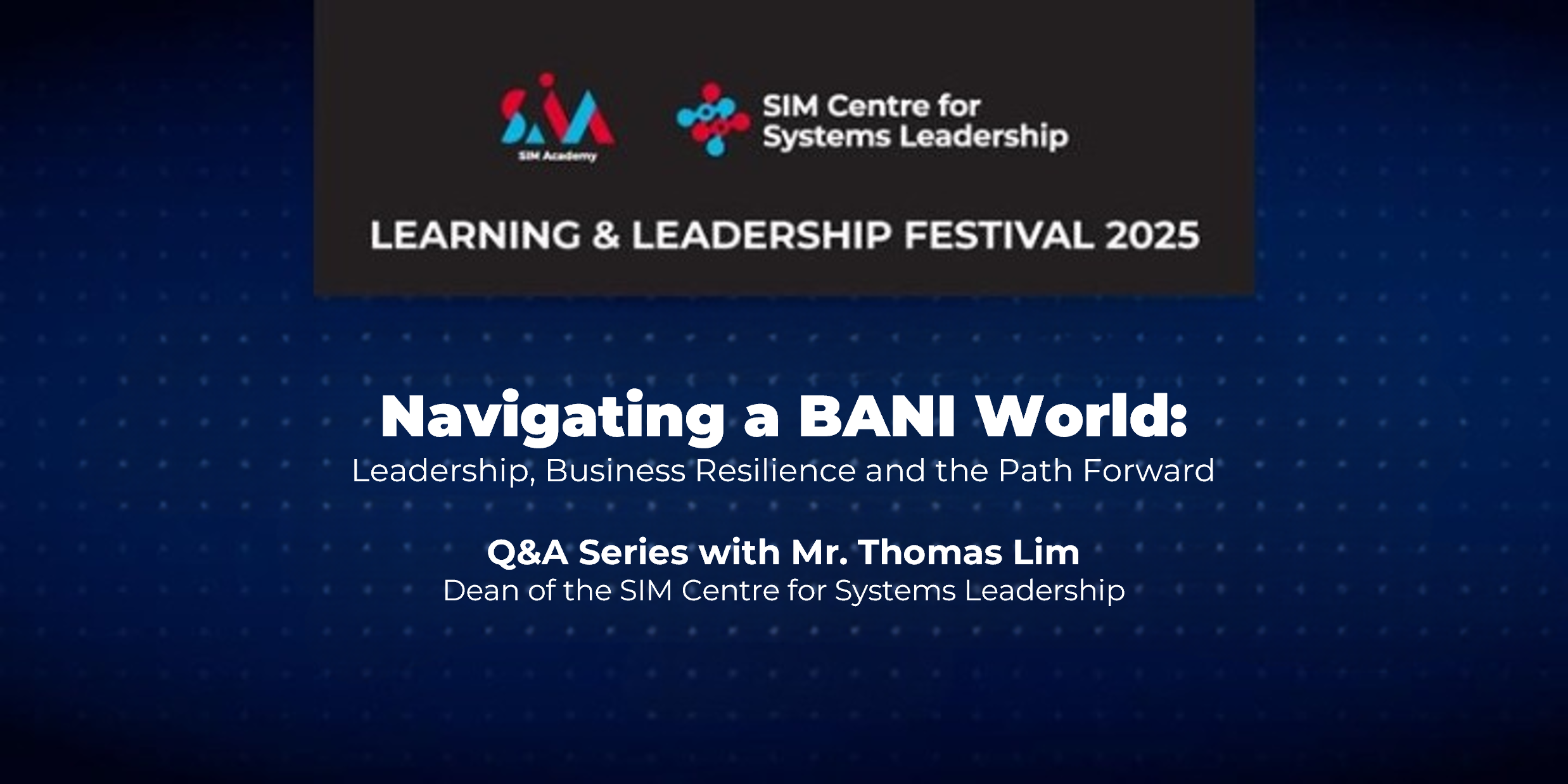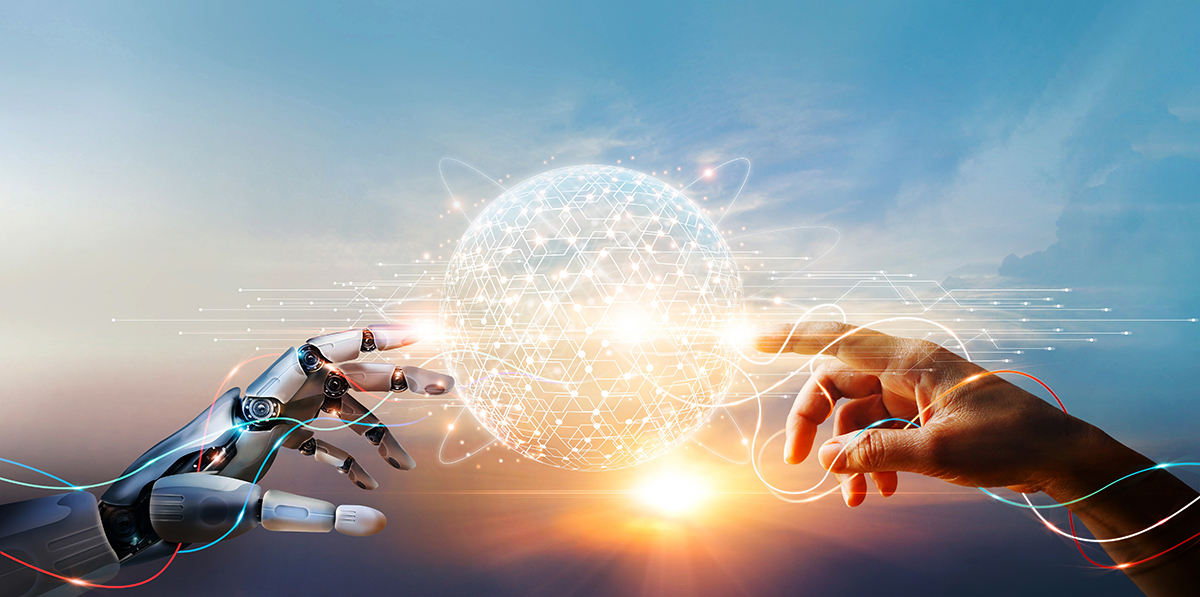In this age of disruption, when enterprises are moving at the speed of light to stay ahead, it pays to pause and focus on one often overlooked area: building mental resilience.
Stress is becoming a challenge for many in today’s fast-paced world plagued by economic and geopolitical tensions. The Cigna Healthcare Vitality Study 2023 found that nearly 9 in 10 Singaporeans reported feeling stressed due to factors such as rising cost of living and an uncertain outlook – a figure that is higher than the global average.
Such negative feelings can lead to emotional exhaustion if not addressed. Over time, accumulated stress may affect one’s personal life and work performance.
In 2023, more than 40 per cent of Singaporean workers admitted that their mental health impacted their productivity at work, according to the Asia Mental Health Index Report.
The dip in productivity can spell trouble for businesses, which rely on human talent to stay competitive. Going forward, it is imperative that companies provide employees with tools and resources they can tap on during tough times.
For companies that need such resources, the Singapore Institute of Management (SIM), through our professional development and enterprise solutions arm SIM Academy, is offering courses on how to develop a mentally resilient workforce.
We also practice what we teach, putting in place such policies within our campus to create a positive work culture. When employees are well-supported, they can stay resilient and help their companies navigate today’s volatile business landscape.
Create a Strong Support System
The first step is to implement policies that will develop a strong support network for employees. At SIM, we provide a safe platform for our employees to seek help. Through our in-house mental well-being app, they can arrange for personal coaching and counselling sessions with external mental health professionals.
Offering employees’ work-from-home days is another way to do so. Despite the call for higher office occupancy this year, a study by workplace provider International Work Group reported that 68 per cent of employees doing remote work had better health overall, mainly due to increased flexibility over their time.
Companies taking employees’ opinions into account by implementing policies to meet their needs can help both parties build stronger relationships of trust in the workplace.
Beyond that, we also value the importance of cultivating a growth mindset at work. We are fostering a work culture where our employees know that it is okay to make mistakes, and what matters is to learn and grow from them.
But getting your employees to embrace this new mental wellness culture is easier said than done. It all boils down to awareness.
Start by Raising Mental Health Awareness
While conversations about mental health are more prevalent now, the topic still carries a stigma. According to AIA’s Live Better Study 2024, mental health is still a taboo subject for approximately six in 10 Singaporeans. The cost of seeking professional help is another barrier to receiving early intervention before more serious issues develop.
Knowing that there is a problem is critical, said Ms Wendy Chua, Founder and Chief Executive Officer of professional training and coaching firm Wand Inspiration. “Awareness is the first step towards change – if you can identify your mental health status, you can do something about it.”
Organisations can encourage this by sending employees for development coaching programmes where they learn skills such as how to deal with setbacks as well as how to assess their mental wellbeing.
For example, SIM partners with Wand Inspiration to conduct regular training sessions to boost employees’ mental resilience.
During these workshops, coaches tap on psychological models such as the mental iceberg model, American psychologist Martin Seligman’s PERMA model as well as the Bridges Transition Model to help employees reflect on their well-being and emotions.
In partnership with Wand Inspiration, SIM Academy also offers the Resilience Advantage Programme, targeting three levels of care: self-care – the foundation of mental resilience; care for peers – the importance of building a supportive community; and care for others/staff – which focuses on fostering a healthy workplace environment.
With such programmes, organisations can identify and address the gaps in employee’s psychosocial development needs – such as feelings of stagnation or isolation.
In the same vein, prevention, as they say, is better than cure. These workshops also help to boost employee confidence and encourage communication, supporting personal growth.
“If we could help employees improve their confidence, communication, and help them work on their career directions, it solves a big part of their problems,” said Ms Chua.
But to truly have mental health awareness ingrained in an organisation, support has to come from the top.
Leading by Example
Senior management and leaders are crucial to building a mentally resilient workforce as they set the tone for the workplace, and employees take their cue from them.
“We need to be authentic and be able to show vulnerability so that others will feel comfortable sharing their feelings,” said Mr Bob Grove, Executive Director at non-profit organisation WorkWell Leaders.
Such behaviour from leaders will signal that employees can safely do the same, and these bosses are better respected for it.
Leadership consulting firm DDI has the data to prove this. Its Global Leadership Forecast 2023 found that employees are 5.3 times more likely to trust leaders who exhibit vulnerability. In the same vein, leaders who can admit to their own failures and shortcomings also see 7.5 more times trust from their subordinates.
It is clear that empathy from leaders is more important than ever. Research from the Global Business Collaboration for Better Workplace Mental Health report indicates that 85 per cent of employees feel their employer cares about their wellbeing when senior leaders speak about mental health.
This goes to show that leaders are critical to helping employees feel safe in expressing their feelings, something which can help move the needle in building a mentally resilient workforce.
A resilient workforce goes beyond higher efficiency and productivity – it also fosters a more connected and motivated community.
Devoting resources to promoting mental health is typically not a priority in talent management. But it is a worthwhile investment that will bring out the best in your workforce to help drive your business.
For more information on how SIM Academy can transform your workforce through a comprehensive suite of integrated learning solutions, please reach out to us at simacademy@sim.edu.sg to arrange a discussion.







